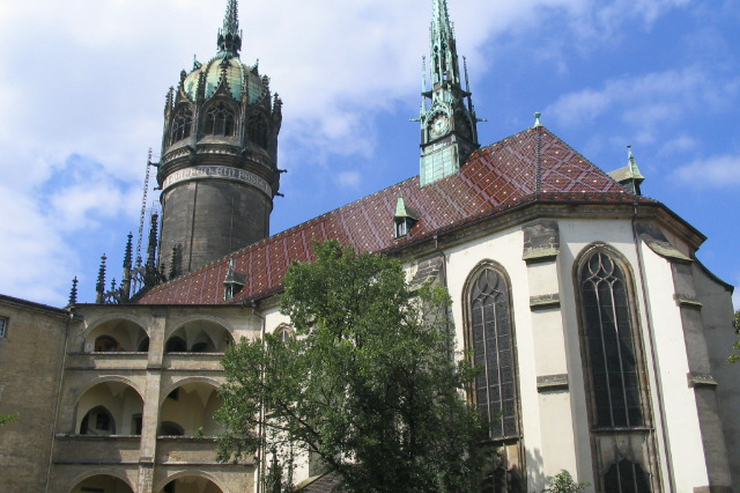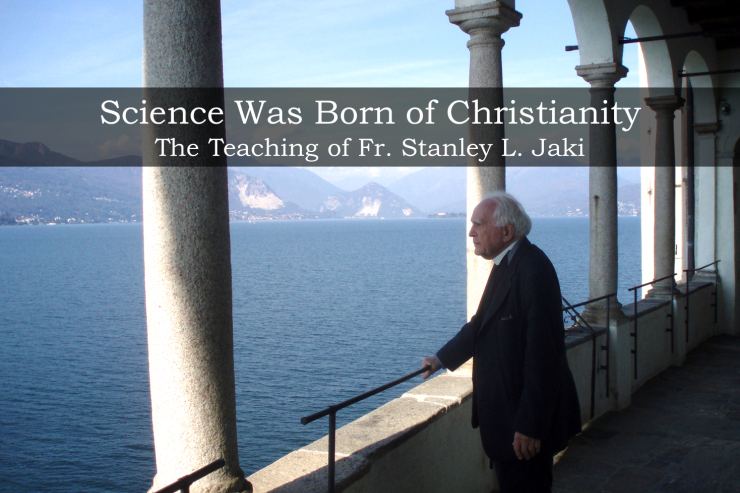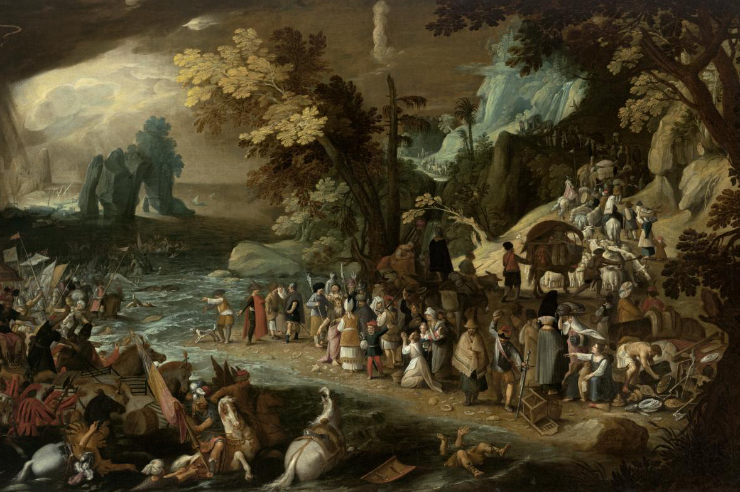A few years ago I found myself in the doctor’s office lamenting over a growing list of aches, pains and other ailments. I asked the doctor why this was happening to me all of a sudden and he simply said “eventually your past catches up to you.”
My good doctor began to ask me questions about my activities when I was younger and after hearing all my escapades he listed all the consequences those activities resulted in. He concluded by telling me that “when you’re young you think you’re indestructible because you don’t feel the consequences of your actions as much, but as you age those consequences all show up at once and often it is very painful.” I read recently that retired American Football players are now coming forward with stories of how they can no longer move without pain all due to the terrible punishment their bodies endured while they were playing. Our past does, indeed, often catch up to us in less than pleasant ways.
I ended up leaving the doctor’s office with a list of life-style and diet changes that are going to be difficult to adapt to but changes that he promised will ease the pain.
Five Hundred years and counting!
In 2017, it will be the five hundredth anniversary of the beginning of the Protestant Revolution. On October 31, 1517, the eve of the Feast of All Saints (what we in North America now call Halloween), Martin Luther posted on the door of the Castle Church in Wittenberg a list of fifty-nine theses (i.e. ideas) dealing with the theme of indulgences. With this simple action Martin Luther unleashed a firestorm that has been growing for the past five hundred years and is now coming to its climax!
It would take volumes to explain the context, content and consequence of Martin Luther’s actions but for the sake of our discussion I will focus on just one issue: the divorce from the Catholic Church, and as a result, the divorce from Reason.
The Catholic Church: The cornerstone of Reason and Civilization
Western Civilization is rooted in Catholicism. Jesus Christ, God Incarnate, entered into human history, fulfilled the prophecies of the Old Testament for our salvation and instituted His Church to be the means of His Salvation throughout the world. All that is good in our society can trace its roots to Catholicism: equality of women, human rights, universities, science, and so much more! All these grew out of the Christian culture that up until the 1500s was Catholic. [1]
The Catholic Church, then, can be seen as both Mother and Teacher (Mater et Magistra)[2]. She is Mother because She is the visible Bride of Christ on Earth. Jesus is married to His Bride and the two are one flesh (we can see here how the distortion of the concept of marriage today even has an impact on how we understand our relationship to God). She gives birth to both individuals (through Baptism) and to authentic civilization (through her presence in the world.)
She is our Teacher because she has been given the responsibility to guide our intellects to know the Truth, the truth about God and about ourselves. Jesus deposited with the Apostles the truths of our salvation. This Deposit of Faith has been possessed, protected and proclaimed by the Catholic Church, unchanged yet developed through authentic growth and insight, for the past two millennia!
As a Teacher the Catholic Church unites both Faith and Reason together so that the human family can remain on sure road of the knowledge and love of God.
Luther’s Revolution
Five hundred years ago Martin Luther unleashed a revolt against Jesus by instigating a revolt against His Bride, the Church. Granted that while the Bride of Christ is Holy, by virtue of Her Union with Jesus, Her children on earth are sinful and this sinfulness can lead to scandal. It was this scandal that, in part, led to the revolt. I cannot judge Luther’s motives, only his ideas and the consequences that flow from them.
At the core of Luther’s revolt is a rejection of the AUTHORITY of the Catholic Church to infallibly know and teach the TRUTH about God and Man. While his conflict with the Church began on intellectual grounds it eventually escalated into action and reaction. The crisis further escalated when political rulers, especially German princes, got involved because they saw this as a way to liberate themselves from Rome’s temporal authority.
Luther’s ideas gave license to other so-called reformers to instigate their own rebellion. Zwingli in Zurich, Calvin in Geneva, the radical movements of the Anabaptists, Spiritualism and Antitrinitarianism, John Knox in Scotland, King Henry VIII in England, and so many others.
The ideas of Luther and others contributed to the Peasant Revolt of 1524-5. One historian writes:
“The connection between the Peasants’ Rebellion and the religious revolution was more than accidental. Though the grievances of the peasants antedate the outbreak of the Reformation, there can be little doubt that the slogans of the Reformation provided for many peasants convenient theological support for their social and economic programme. The famous Twelve Articles of the peasants clothed the demand for free use of woods, water and pasture and the refusal to accept new taxes and obligation in the language of the Reformation and the Bible. After all, it had been asserted that all Christians were priests, able to decide matters of the Christian faith. Did it not follow, then, that Christians could also order their political affairs according to their own understanding?”[3]
The peasants destroyed castles and monasteries, nobles and clergy were tortured and killed. The rulers countered with more force until the revolt was suppressed. No doubt the peasants had valid grievances, but the seeds of revolt, once sown, re-sprout season after season as we will see in such cases as the French Revolution.
Martin Luther did not have to wait long to see the havoc his ideas would unleash. He himself lamented that “the people feel they are free from the bonds and fetters of the Pope, but now they want to get rid also of the gospel and of all the laws of God.” He also wrote that “if we succeed in expelling one devil, he immediately is replace by seven other who are much worse. We can then expect that after having driven away the monks, we shall see arise a race seven time worse than the former.”[4]
Ideas have consequences!
It is obvious that humanity has lost its way. Intellectually, morally and spiritually our world is ravaged by the consequences of our ideas and actions. For fifteen hundred years prior to Martin Luther the Catholic Church, gradually and over time, built up from the Deposit of Faith given to her by Jesus Christ, the framework by which we could build a truly human society. Uniting the ideas of Socrates, Plato and Aristotle with the insights of the Church Fathers and Catholic philosophers such as Augustine and Aquinas, a comprehensive and cohesive understanding of God and Man was developing. This understanding was founded on the reality that the Catholic Church is the divinely instituted authority for matters of Faith and Morals. That reality is what keeps us headed in the right direction.
Unfortunately human sin and scandal gave rise to people like Luther, Calvin and Henry VIII. The rebellion against the authority of the Church cast Western Civilization adrift from the solid mooring of the anchor of Truth so that today, after five hundred years of rebellion, we end up adrift in our own confusion.
This confusion is soon coming to an end. Just as the aches and pains of my body drove me to visit the doctor and ask “why?” so too, I hope, will the moral evils of our day force us to return to the Church and ask the question “why?” and receive from Her the list of changes we need to ease the pain.
The genesis of our “God is dead” morality can be traced back to the rebellion initiated by Luther against our Mother and Teacher, the Church. Two things have to happen: The members of the Catholic Church must rediscover the role and mission of the Bride of Christ and live out that mission courageously and, secondly, those who are lost in this sea of intellectual and moral confusion must return to their Mother and Teacher. Then, and only then, can we begin to ease the pain we are all suffering.
Footnotes
[1] A good book to read on this topic is “How the Catholic Church built Western Civilization”.
[2] “Mater et Magistra” is the title of an encyclical by Pope St. John XXIII
[3] Hans Hillerbrand, ed.; “The Reformation: A Narrative History Related by Contemporary Observers and Participants; 1972
[4] Msgr. Patrick F. O’Hare, “The Facts about Luther”, Tan Publishing, 1916















